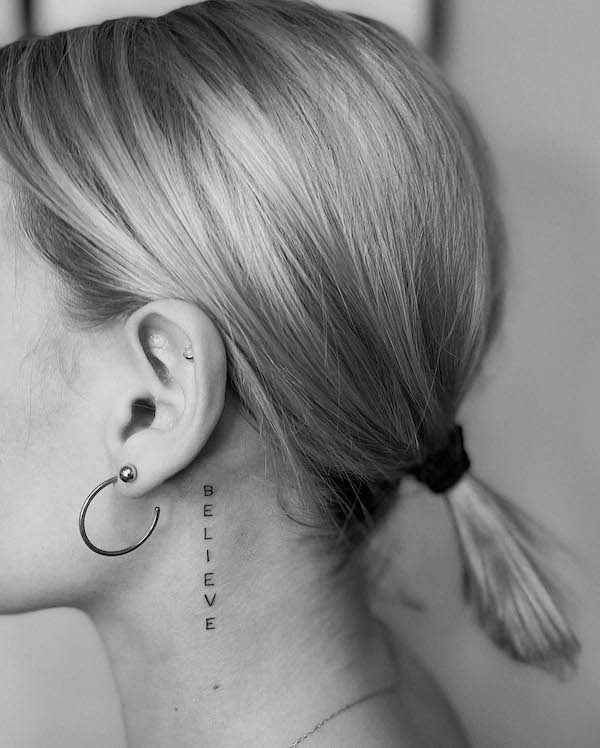Sure Cakes Nude
The Art and Controversy of Nude Cakes: A Culinary Exploration
In the world of baking, few creations spark as much intrigue and debate as the “nude cake.” Stripped of its traditional frosting layers, the nude cake reveals the raw beauty of its structure, celebrating the artistry of baking in its purest form. But what exactly defines a nude cake, and why has it become both a trend and a point of contention among bakers and enthusiasts? Let’s delve into the layers of this culinary phenomenon.
What Is a Nude Cake?
A nude cake, often referred to as a “naked cake,” is a confectionery masterpiece characterized by its unfrosted sides, exposing the layers of sponge or cake beneath. Unlike its fully frosted counterparts, the nude cake embraces imperfection, showcasing the natural texture and color of the cake itself. This style gained prominence in the early 2010s, fueled by the rustic-chic aesthetic of weddings and the desire for simplicity in design.
The Anatomy of a Nude Cake
Creating a nude cake requires precision and skill. Here’s a breakdown of its key components:
- The Cake Layers: Typically, nude cakes consist of 3-5 layers of sponge or butter cake. The layers must be perfectly even to ensure structural integrity.
- Minimal Frosting: A thin layer of frosting or buttercream is applied between the layers, but the sides remain bare.
- Decorative Elements: Fresh flowers, fruits, or macarons are often added to enhance the cake’s visual appeal without overpowering its simplicity.
The Controversy: Is It Lazy Baking or High Art?
Despite its popularity, the nude cake has faced criticism. Some argue that it’s a shortcut for inexperienced bakers, while others see it as a bold statement of minimalism.
Cultural and Historical Context
The nude cake’s rise to fame mirrors broader trends in food culture. In an era of Instagram-worthy desserts, its rustic charm resonates with those seeking authenticity over perfection. Historically, similar styles can be traced back to European baking traditions, where simplicity was prized.
"The nude cake is a return to the roots of baking, where the focus was on flavor and texture, not just appearance," notes food historian Dr. Liam Carter.
Nude Cakes in Pop Culture
From celebrity weddings to Pinterest boards, nude cakes have become a symbol of modern elegance. Their understated beauty has made them a favorite for couples seeking a non-traditional wedding cake.
Future Trends: Where Are Nude Cakes Headed?
As baking trends evolve, nude cakes are likely to adapt. Expect to see innovative variations, such as vegan nude cakes or those incorporating unconventional flavors like matcha or ube.
FAQ Section
How do I prevent my nude cake from crumbling?
+Ensure your cake layers are fully cooled before assembling. Use a simple syrup brush to add moisture and stability.
Can I use fondant decorations on a nude cake?
+While possible, fondant can detract from the cake’s natural aesthetic. Opt for fresh garnishes instead.
Are nude cakes less expensive than traditional cakes?
+Not necessarily. While they use less frosting, the precision required can offset costs.
How do I transport a nude cake safely?
+Use a sturdy cake box and secure it with non-slip mats. Avoid stacking decorations until you reach the venue.
Conclusion: The Naked Truth
The nude cake is more than a trend; it’s a statement. It challenges us to appreciate the beauty of imperfection and the artistry of baking. Whether you see it as a masterpiece or a missed opportunity, one thing is certain: the nude cake has carved its place in the culinary world, one exposed layer at a time.
Key Takeaway: The nude cake is a celebration of simplicity, skill, and the essence of baking. Its enduring appeal lies in its ability to transform the ordinary into something extraordinary.
